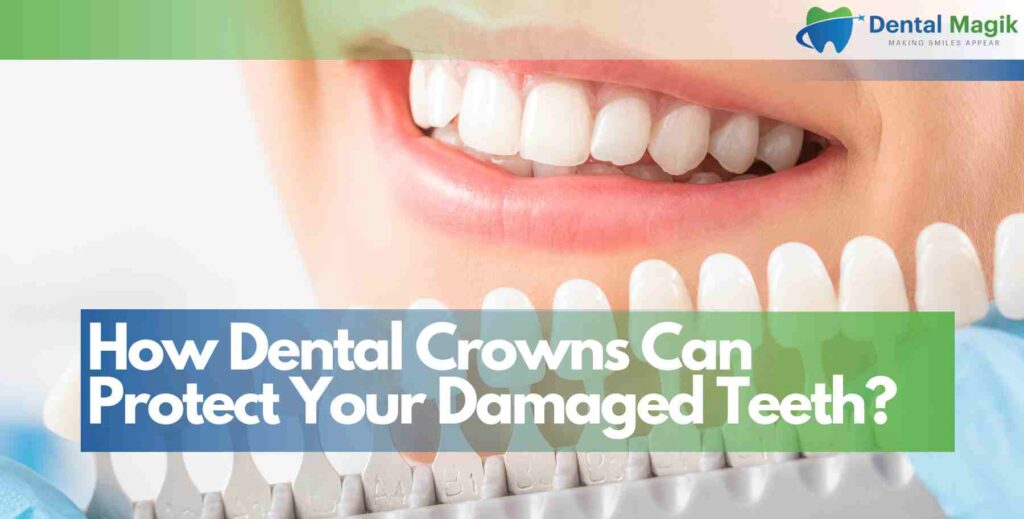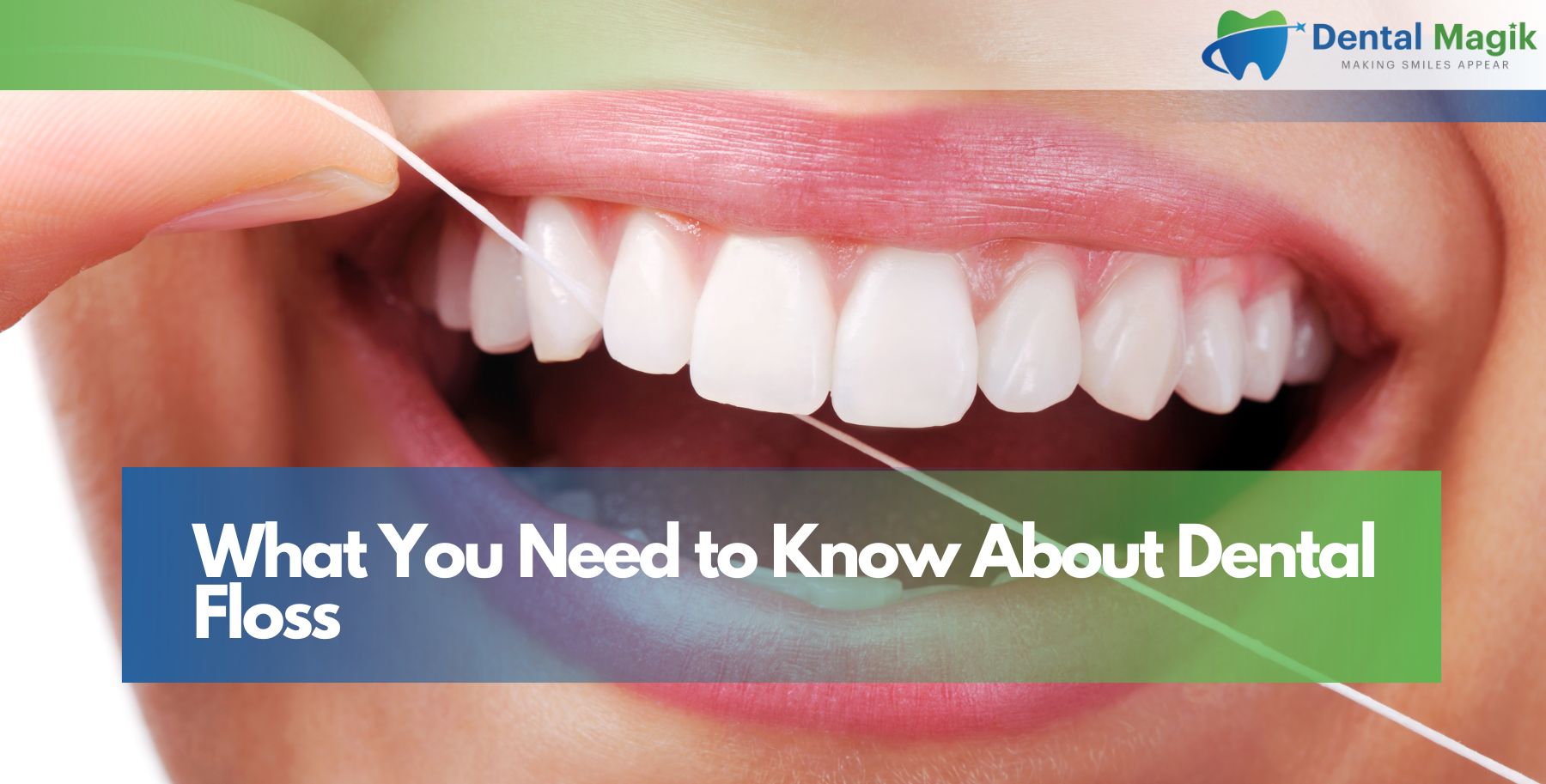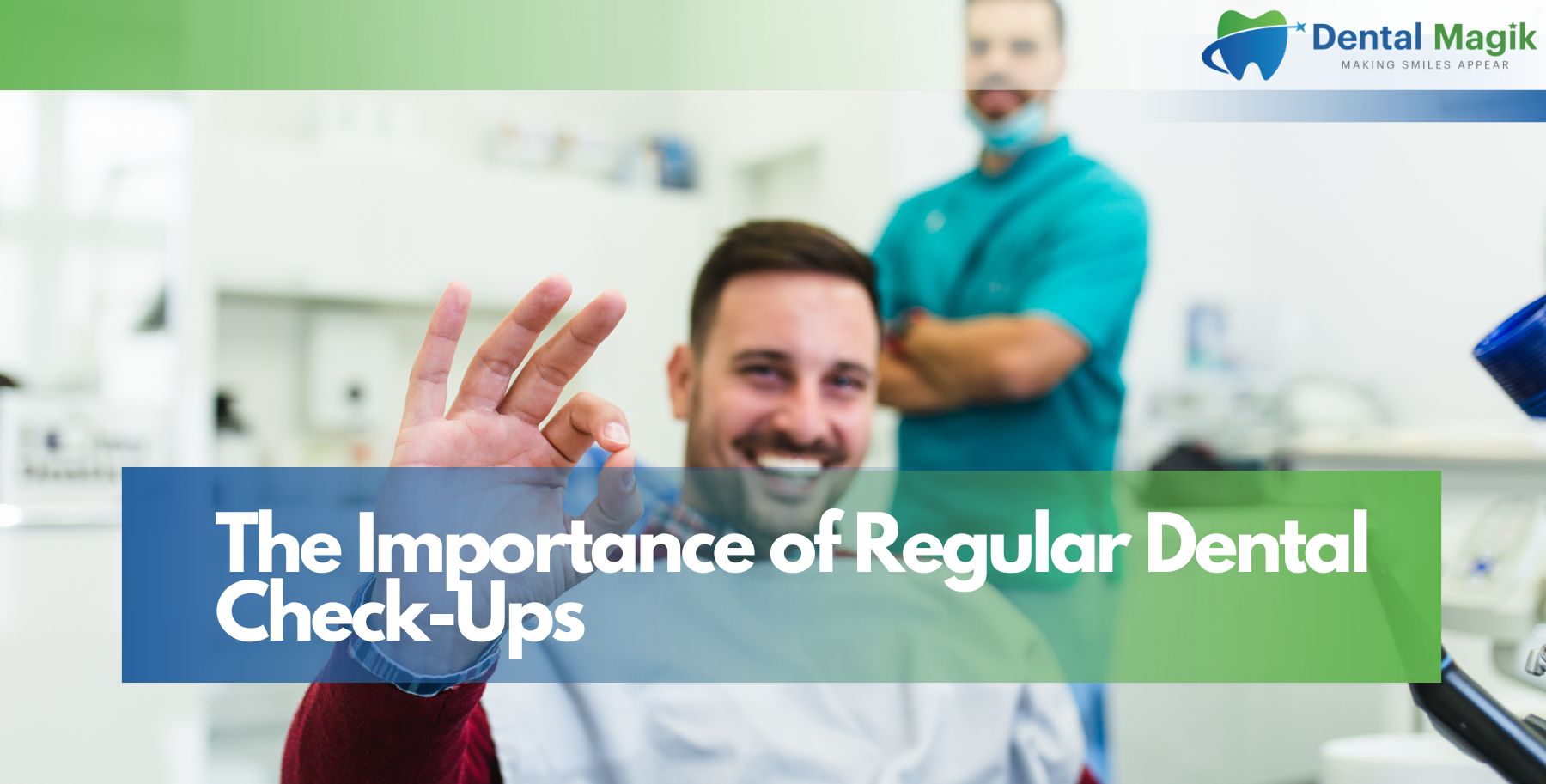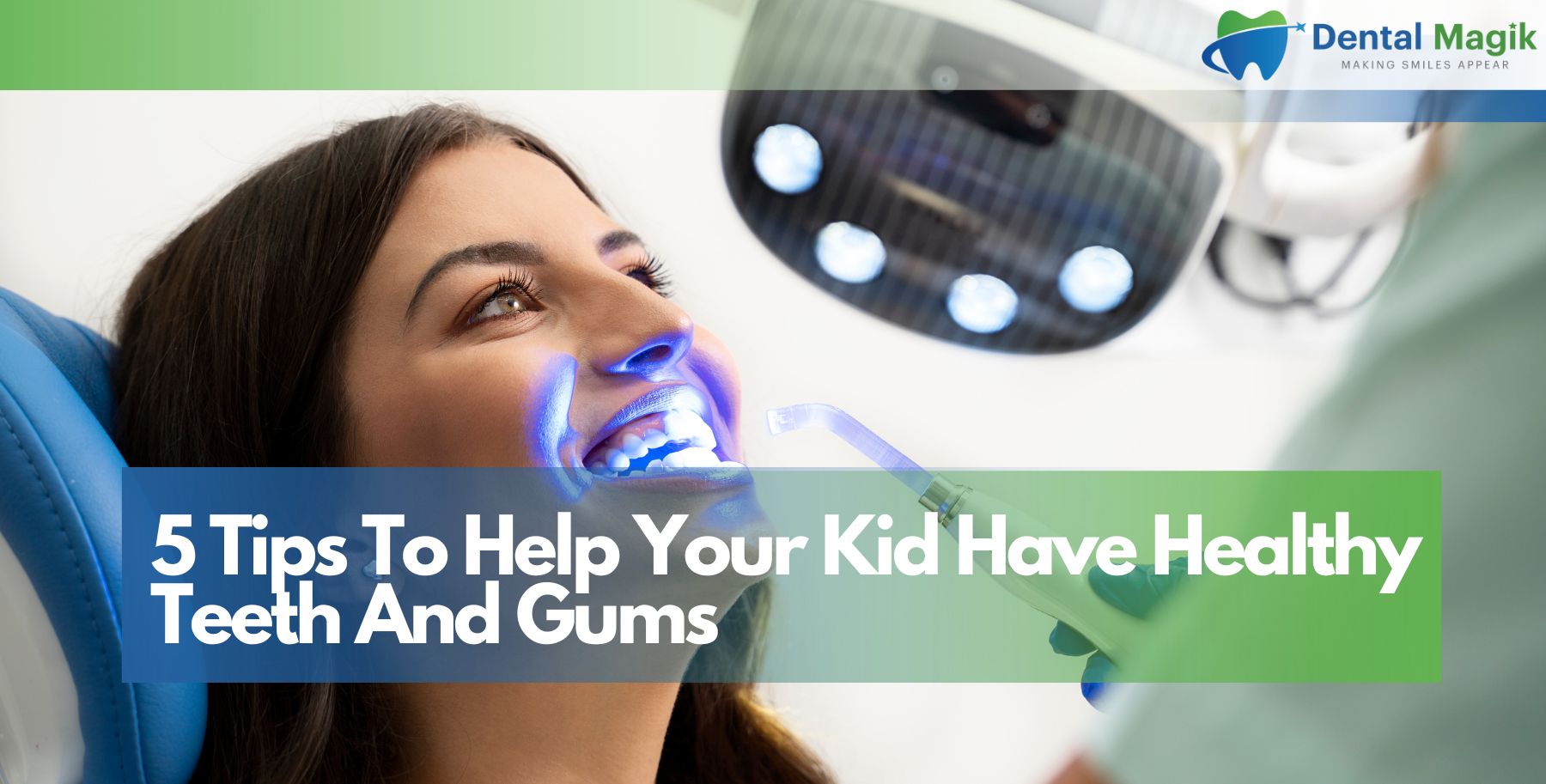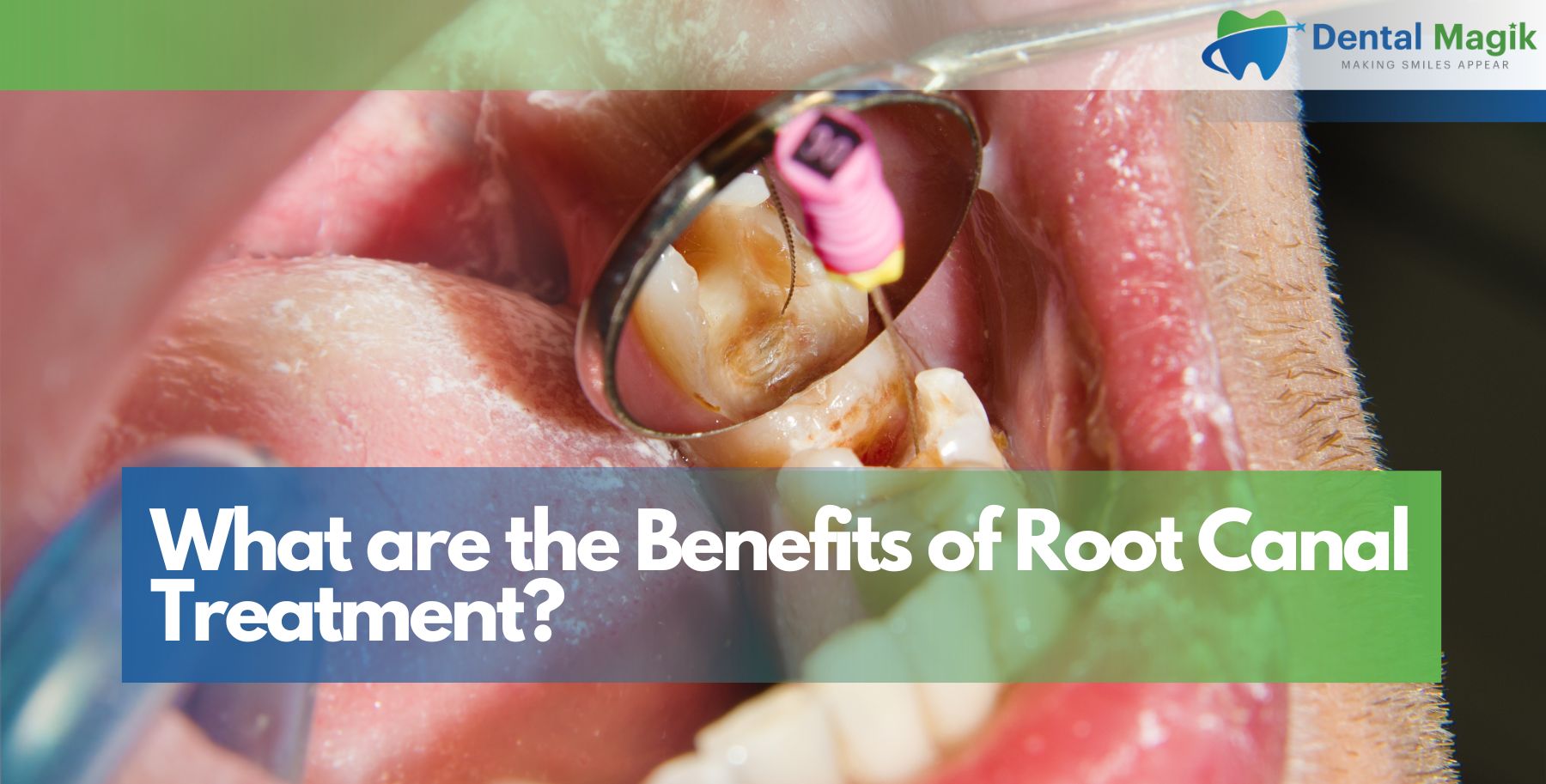Dental health is a critical aspect of our overall well-being. When teeth are damaged due to decay, fractures, or other issues, restoring their functionality and aesthetics becomes essential. Dental Crowns for Damaged Teeth offer a proven solution to protect and restore compromised teeth.
What Are Dental Crowns?
A dental crown is a tooth-shaped cap that covers a damaged tooth, restoring its shape, size, strength, and appearance. These caps are custom-made to match the color and shape of your natural teeth, blending seamlessly with your smile. Dental crowns are an excellent long-term solution for teeth that are too damaged to be restored with simpler treatments like fillings.
Dental crowns are made from durable materials such as porcelain, ceramic, metal, or a combination of these. Each material offers distinct advantages, allowing your dentist to recommend the most suitable option based on your unique dental needs.
Why Are Dental Crowns Necessary?
There are various situations where dental crowns become necessary. They serve both restorative and cosmetic purposes. Below are the most common reasons you might need a crown:
- Protecting weakened teeth: If a tooth is weakened due to decay or a fracture, a crown can prevent it from breaking further.
- Restoring broken teeth: Teeth that are already cracked or broken can regain their structure and function with crowns.
- Covering large fillings: When a cavity is too large for a filling, a crown provides the needed stability.
- Improving appearance: Crowns are often used to cover discolored or misshapen teeth, enhancing the overall look of your smile.
- Completing dental implants: A crown acts as the visible part of a dental implant, functioning like a natural tooth.
By addressing both functional and aesthetic concerns, crowns are versatile and effective for many dental issues.
Benefits of Dental Crowns
Dental crowns provide numerous benefits that go beyond just protecting your teeth. Here’s a detailed look at why they are a preferred solution for damaged teeth:
Durability and Longevity
Dental crowns are designed to withstand the daily wear and tear of chewing and biting. With proper care, crowns can last anywhere from 10 to 15 years or even longer, making them a cost-effective investment in your oral health.
Restored Functionality
When a tooth is severely damaged, chewing and speaking can become challenging. A dental crown restores these functions, allowing you to eat and speak comfortably and confidently.
Enhanced Aesthetics
Modern dental crowns are crafted to look and feel like natural teeth. Whether made of porcelain, ceramic, or other materials, they can be color-matched to blend seamlessly with your existing teeth, improving the appearance of your smile.
Comprehensive Protection
Crowns act as a shield for damaged teeth, protecting them from further decay, wear, or injury. This added layer of protection is essential for maintaining long-term oral health.
Versatility in Treatment
Dental crowns are highly adaptable and can address a wide range of dental issues, including cracks, decay, and discoloration. This makes them one of the most versatile tools in modern dentistry.
Types of Dental Crowns
Selecting the right type of dental crown depends on your specific needs, preferences, and budget. Here are the most common types of crowns:
Porcelain Crowns
Porcelain crowns are valued for their natural appearance. They mimic the translucency of natural teeth and are an excellent choice for restoring front teeth. Additionally, they are biocompatible, meaning they are unlikely to cause allergic reactions.
Ceramic Crowns
Ceramic crowns share similar aesthetic qualities with porcelain crowns but are slightly more durable. They are ideal for individuals with metal allergies and are often used for visible teeth due to their pleasing appearance.
Metal Crowns
Made from alloys like gold, platinum, or base metals such as cobalt-chromium, metal crowns are incredibly strong and durable. They are often used for molars, where strength is more important than aesthetics.
Porcelain-Fused-to-Metal (PFM) Crowns
PFM crowns combine the strength of a metal base with the natural look of a porcelain exterior. This combination makes them suitable for both front and back teeth, offering a balance of durability and aesthetics.
Zirconia Crowns
Zirconia crowns are a newer option that combines strength and appearance. They are resistant to chipping and cracking, making them an excellent choice for individuals seeking durability without compromising aesthetics.
The Dental Crown Procedure
Getting a dental crown typically involves a series of steps, which can be completed over two visits:
Step 1: Initial Consultation
Your dentist will examine the affected tooth and discuss your treatment options. X-rays may be taken to evaluate the tooth’s structure and determine if a root canal is necessary.
Step 2: Tooth Preparation
The damaged tooth is reshaped to make room for the crown. If the tooth has significant decay or structural issues, additional restorative work, such as a root canal, may be performed before the crown is placed.
Step 3: Taking Impressions
Impressions of your teeth are taken to create a custom crown that fits perfectly. These impressions are sent to a dental lab where the crown is fabricated.
Step 4: Temporary Crown Placement
A temporary crown is placed over the prepared tooth to protect it while the permanent crown is being made. This ensures that your tooth remains functional and protected during the interim.
Step 5: Permanent Crown Placement
Once the permanent crown is ready, your dentist will cement it into place. After checking for proper fit and bite alignment, the procedure is complete, and your tooth is restored to its full function and appearance.
How to Care for Dental Crowns
To ensure the longevity of your dental crowns, proper care is essential. Follow these tips:
- Maintain Good Oral Hygiene: Brush your teeth twice daily and floss regularly to prevent plaque buildup around the crown.
- Avoid Hard Foods: Biting on hard objects like ice or popcorn kernels can crack or damage the crown.
- Visit Your Dentist Regularly: Routine checkups and cleanings will help monitor the condition of your crown and overall oral health.
- Use a Nightguard: If you grind your teeth at night, wearing a nightguard can prevent excessive wear and tear on the crown.
Who Is a Good Candidate for Dental Crowns?
Dental crowns are suitable for a variety of dental concerns. You may be a good candidate if you have:
- A severely decayed or damaged tooth
- A cracked or broken tooth
- Discoloration or misshapen teeth that affect your smile’s appearance
- A dental implant that requires a cap
Your dentist will evaluate your oral health and recommend crowns if they are the best solution for your needs.
Alternatives to Dental Crowns
While dental crowns are highly effective, there are alternative treatments for certain dental conditions. These include:
- Fillings: For minor cavities, a filling may suffice.
- Inlays and Onlays: These are partial restorations used when damage is moderate.
- Veneers: Thin shells placed on the front teeth to improve their appearance.
- Dental Bonding: A quick and cost-effective solution for small chips and cracks.
Discuss these options with your dentist to determine the most appropriate treatment.
Why Choose Dental Crowns for Damaged Teeth?
Dental Crowns for Damaged Teeth provide a comprehensive solution for restoring both the functionality and appearance of compromised teeth. By protecting the tooth and preventing further damage, crowns help maintain oral health and improve your quality of life.
Learn More: Dental Crowns in East Brunswick, NJ
Conclusion
Dental crowns are a reliable and versatile option for addressing a wide range of dental issues. If you’re dealing with decay, fractures, or discoloration, crowns can restore your teeth’s functionality and aesthetic appeal. For expert dental care, consult Dental Magik, your trusted Dentist in East Brunswick, NJ. Schedule an appointment today to learn more about how dental crowns can improve your smile and oral health.
Protect your smile and enjoy lasting dental health with the right restorative solutions.

